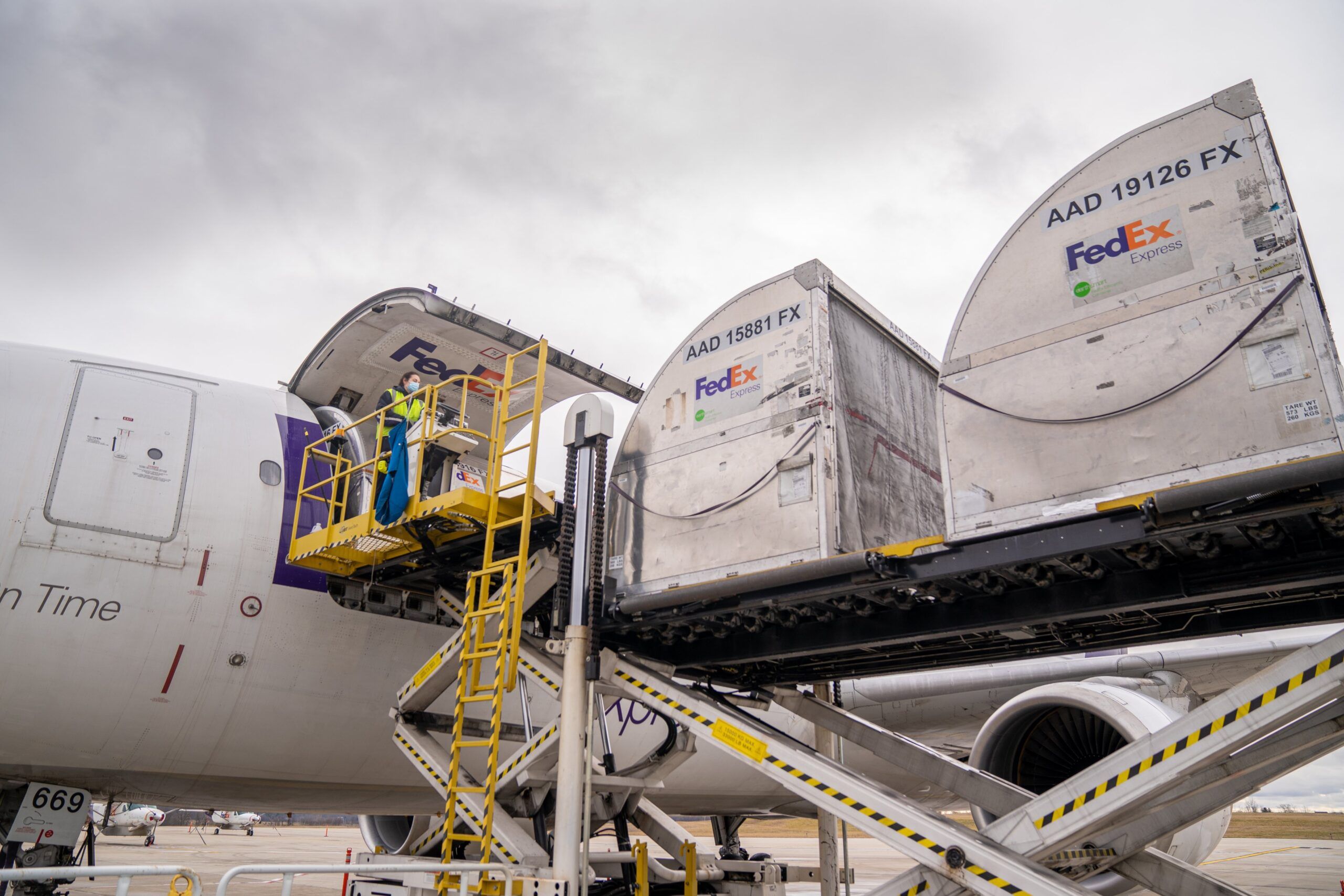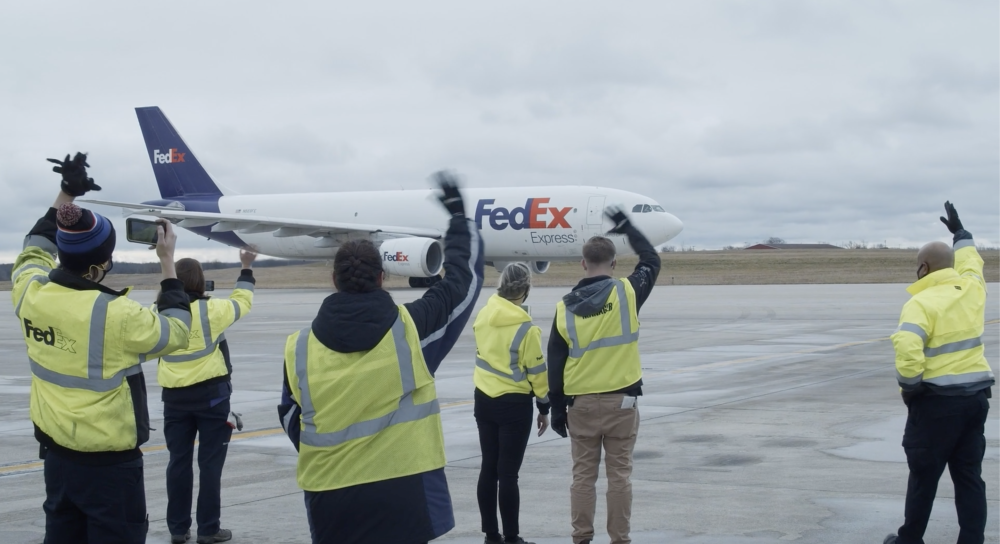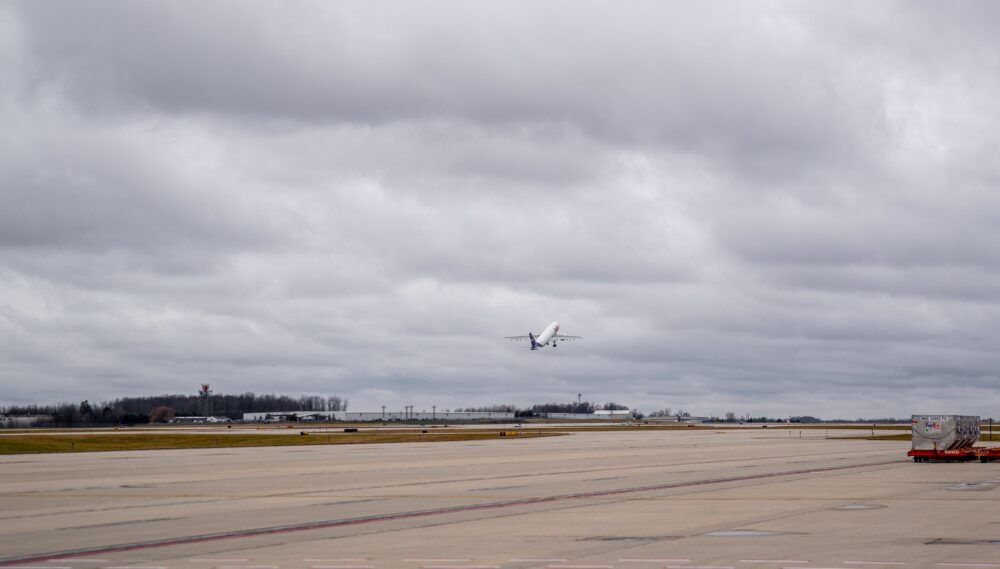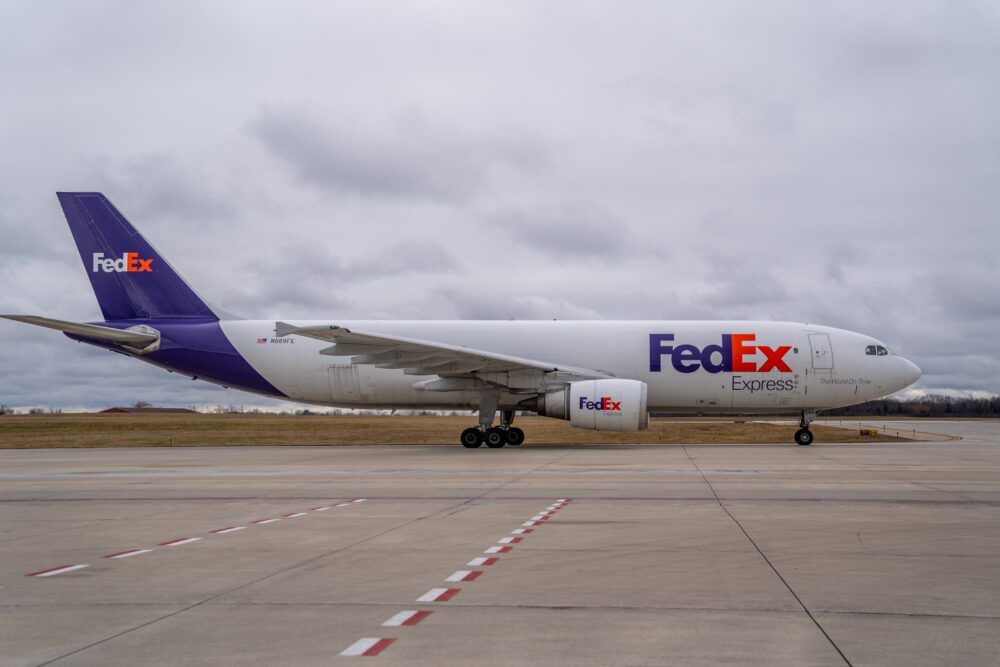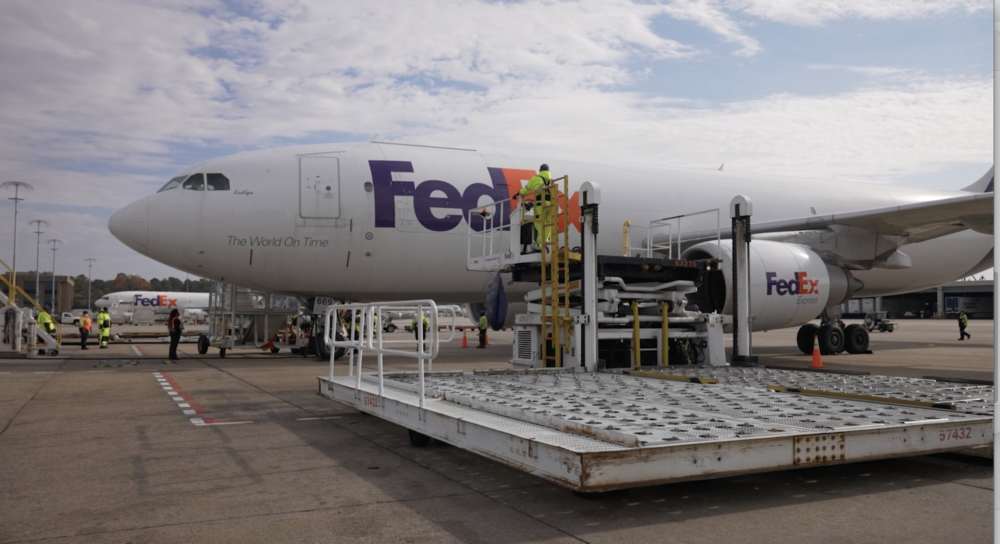FedEx has the honor of flying the first COVID-19 vaccines for domestic use made by Pfizer. The aircraft carrying the vaccines departed Grand Rapids, Michigan, at 11:00 local time on December 13th, before making its way through the FedEx network.
The first shipment of the vaccine for domestic us
The United States Food and Drug Administration (FDA) authorized Pfizer's COVID-19 vaccine for emergency use on Friday. Almost immediately after, cargo carriers started the mammoth task of preparing and shipping the vaccines across the United States.
The Gerald R. Ford International Airport (GRR) received the first doses via a truck from Pfizer's headquarters in Portage at 09:45 local time. On the airfield, crews eagerly began loading the Airbus A300 carrying the vaccines on a 90-minute flight to Memphis, according to a press release from the airport.
Torrance Richardson, President and CEO of the Gerald R. Ford International Airport Authority, stated the following on the Pfizer shipment:
"This is a big day for West Michigan and a historic milestone for the world that marks the beginning of the end to the global pandemic. The Ford Airport is honored to play a key role in ensuring the vaccine gets into the hands of healthcare professionals around the country. Our continuing investment in infrastructure has ensured we are able to meet the demands of the aggressive delivery schedule. We train and prepare for this all year long to ensure we are ready for whatever challenges come our way."
Stay informed: Sign up for our daily aviation news digest.
Why Gerald R. Ford International Airport?
GRR is not the closest airport to Pfizer's manufacturing operations. That distinction goes to Kalamazoo/Battle Creek International Airport (AZO). However, AZO is a regional airport and does not have the same infrastructure to support the transportation of the vaccines on a major scale via aircraft.
GRR has a 10,000-foot runway, a dedicated cargo facility, and appropriate ground support to handle the vaccine distribution.
The airport is also preparing to work with other airlines that are planning on transporting the vaccine.
The shipment went to Memphis next
After departing Grand Rapids, the Airbus A300 flew for only about 92 minutes to Memphis, according to data from Flightradar24.com. The Airbus A300 operating the flight is a 24-year-old bird registered as N669FE.
Once the aircraft arrived in Memphis, the vaccines were offloaded and then began the process of distributing them across the United States. While some of the vaccines made their way onwards via the FedEx ground network, others flew onboard aircraft.
Memphis International Airport (MEM) used to be a large passenger hub for Northwest Airlines before it was de-hubbed after the airline merged with Delta Air Lines. However, FedEx has continued to help keep the lights on at the airport.
Memphis is a SuperHub for FedEx. The cargo carrier flies hundreds of daily flights to destinations near and far. Memphis is the busiest cargo airport in the United States, thanks to FedEx. In fact, FedEx is even headquartered in Memphis, Tennessee.
In the future, continue to expect FedEx to route many doses through Memphis. With connections onwards to hundreds of destinations across the United States, Memphis is ideally suited to support FedEx's mission to fly the COVID-19 vaccine wherever it needs to go.
Are you glad to see FedEx fly the first domestic doses of the COVID-19 vaccine from Michigan? Let us know in the comments!

